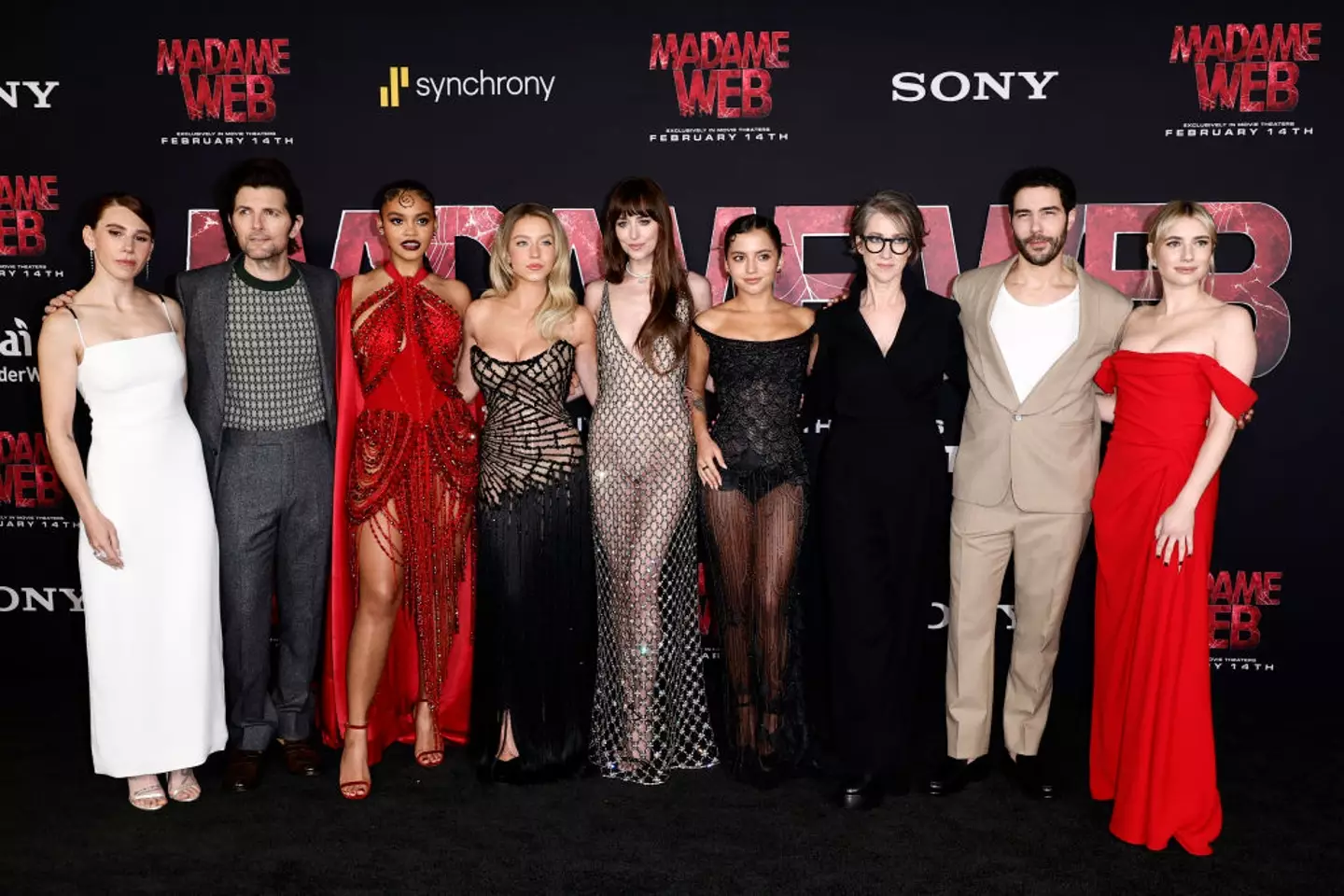Emma Roberts has shared her thoughts on why the 2024 movie “Madame Web” didn’t do as well as expected at the box office. The film, which also stars Dakota Johnson and Sydney Sweeney, earned a mere $100 million worldwide, a disappointing figure given its $80 million production budget. Moreover, the film has a dismal 11 percent rating on Rotten Tomatoes.
In a conversation with Variety, Roberts, who portrayed Mary Parker in the Marvel flick, expressed her viewpoint that the unpredictable nature of internet culture played a significant role in the film’s performance. “Things work; things don’t work. Everyone likes to act like they can predict if they’re going to work or they’re not. And the truth is, you can’t,” the 33-year-old actress stated. She highlighted how some projects fail initially but gain popularity later, while others might do well but don’t seem deserving of their success upon viewing.

“There is no secret. It’s about doing something goodish and it hitting at the right time. Everything else is like a wish and a prayer,” Roberts added. She also mentioned that she isn’t daunted by failure or negative feedback: “I’m not intimidated by failure, and I’m not intimidated by people having negative thoughts about something.”
Despite the film’s lackluster reception, Roberts shared that she genuinely enjoyed working on “Madame Web.” “I thought everyone in it was great,” she said, praising her colleagues Dakota Johnson, Sydney Sweeney, Isabela Merced, Celeste O’Connor, Mike Epps, and Adam Scott.

The director, S.J. Clarkson, was a huge reason why Roberts chose the project. She believes that if it weren’t for the internet’s tendency to mock everything, the reception might have been different. “If it wasn’t for internet culture and everything being made into a joke, I think that the reception would’ve been different,” she lamented.
The critical reviews, however, paint a stark picture. Elizabeth Weitzman from Time Out noted that while Dakota Johnson tried to evoke her character’s inner turmoil, the potential was lost under poor exposition and lackluster special effects. Similarly, Cam Cieszki from Chicago Reader described the film as comparable to a “rickety wooden coaster at a family-owned amusement park: brutal on the body and precariously constructed.”
Roberts’ insights offer a glimpse into the challenges and unpredictability of film success in today’s digital age, where internet culture can make or break a movie’s reception.

